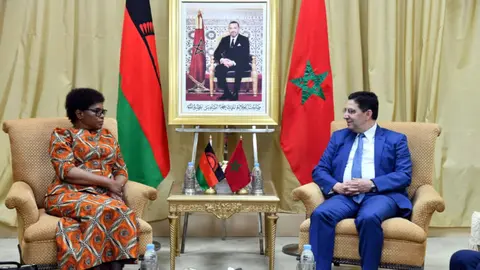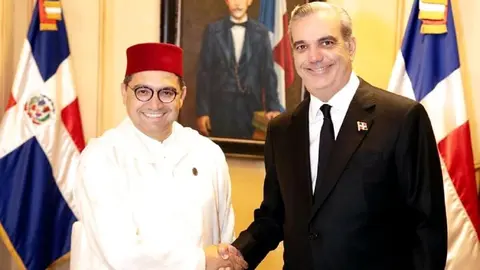Western Sahara: new triumph for Morocco's autonomy plan
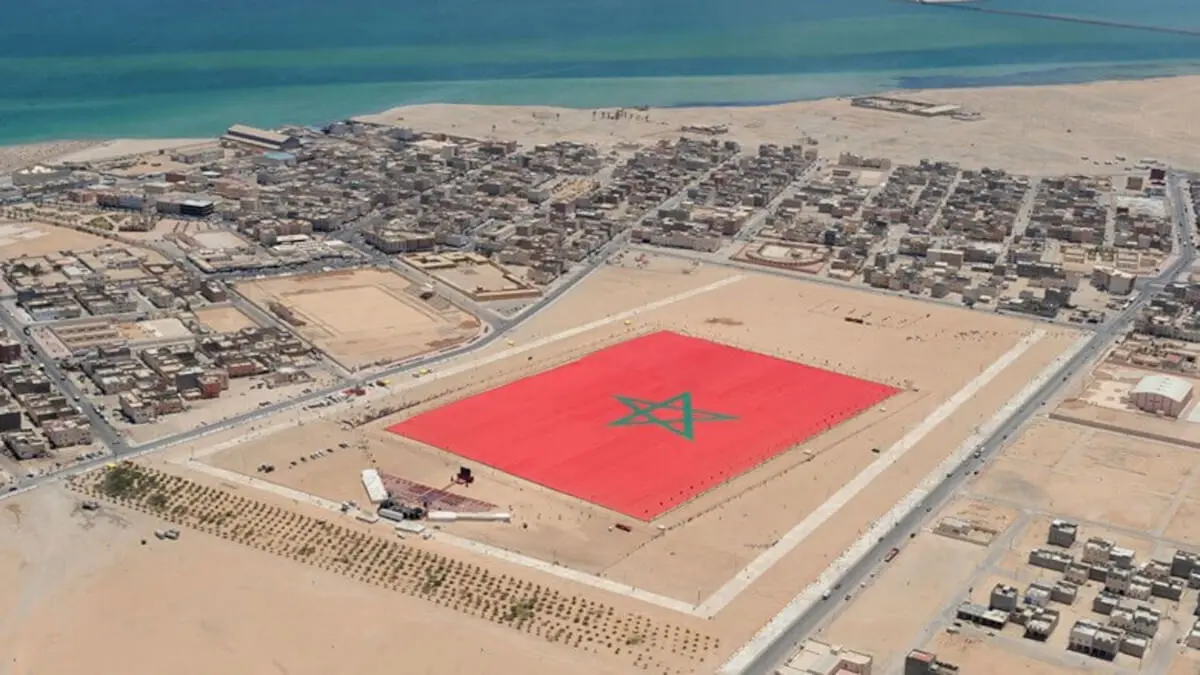
Morocco's autonomy plan for Western Sahara is a fact. The group of more than 40 countries expressed their support for the territorial integrity of the Kingdom of Morocco in a statement issued on its behalf during the debate at the 57th session of the Human Rights Council (HRC) by the Ambassador Permanent Representative of the Dominican Republic to the United Nations, Héctor Virgilio Alcántara.
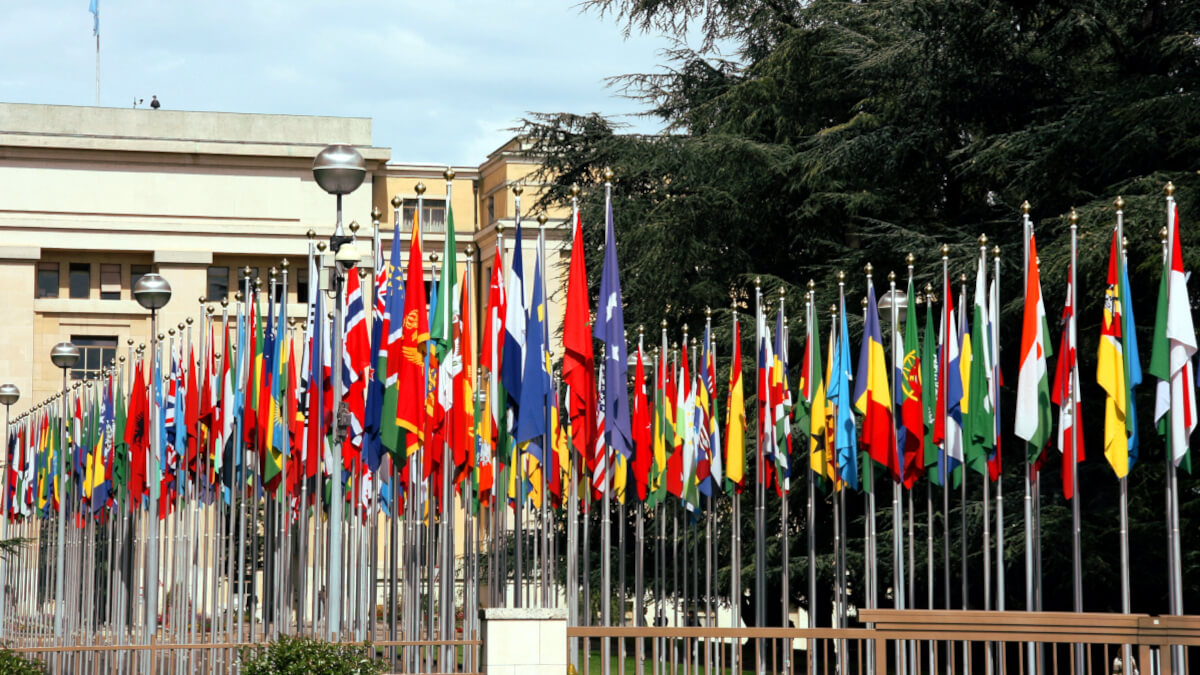
These committees, called Human Rights Commissioners, are dedicated to assessing the human rights situation around the world. In this regard, the ‘constructive, voluntary and deep’ commitment of Morocco to the United Nations human rights system and its application in Western Sahara was highlighted.
These declarations by Héctor Virgilio Alcántara coincide with the words of the President of the Dominican Republic, Luis Abinader, who informed, last August, King Mohammed VI of his country's support for Morocco's sovereignty over the Sahara desert and of his intention to open a consulate in Dakhla, where there are already more than 15 consulates open. Other countries that opened their Consulates in Western Sahara were Malawi in 2021, Guinea in 2019, Senegal in 2018, Gambia in 2017 and Nigeria in 2016.
‘Morocco has been committed for many years to a constructive, voluntary and deep cooperation with the United Nations human rights system, in particular with the Office of the High Commissioner for Human Rights (OHCHR), to promote and respect human rights for everyone in its territory,’ said Mr. Virgilio Alcantara in the statement located under item 2 of the agenda.
The Dominican High Representative recalled that, in its resolutions on the Sahara conflict, the UN Security Council welcomed the role of the national and regional human rights commissions in the cities of Dakhla and Laayoune, as well as Morocco's cooperation with the mechanisms related to the UN special procedures on the implementation of human rights.
The group also welcomed the opening of consulates general in the cities of Dakhla and Laayoune by many countries, creating ‘levers to strengthen economic cooperation and investment for the benefit of the local population, as well as the development of the region and continent’.
‘The question of the Sahara is a political dispute decided by the Security Council, which recognises the primacy of the autonomy initiative proposed by Morocco as credible and serious for the definitive political solution of the regional dispute over the Sahara’, Alcántara recalled.
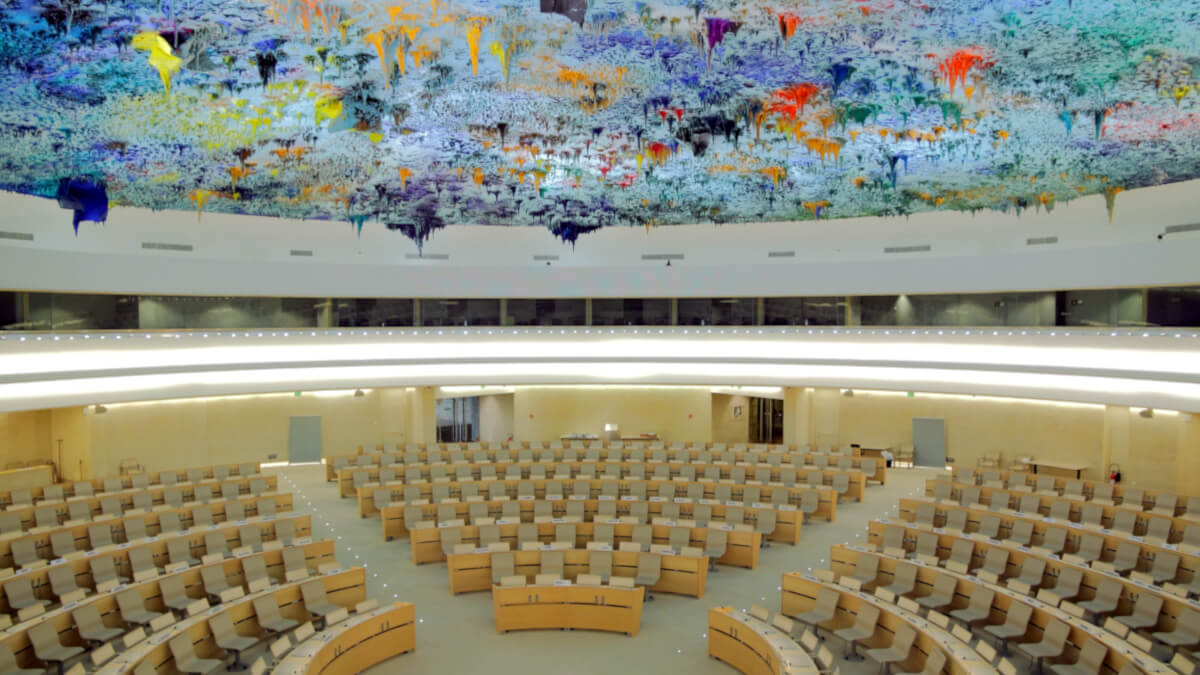
The group of countries reaffirmed their support for the efforts to resume the exclusively political process of the United Nations on the basis of the format agreed at the two round tables in Geneva, in accordance with the resolutions of the Security Council, in particular the latest resolution 2703 of 30 October 2023, to achieve a ‘political, realistic, pragmatic and lasting solution based on a commitment to this regional dispute’.
‘The resolution of this regional dispute will contribute to realising the legitimate aspirations of the African and Arab peoples to integration and development, a goal for which Morocco continues to strive and for which this country is making sincere and tireless efforts,’ the ambassador concluded.
The recent support of the Dominican Republic demonstrates that the reality of Western Sahara is becoming increasingly Alawi. When more than 100 countries in the world recognise the same autonomy plan, it is no coincidence.

The approvals of powers such as the United States, France, Spain and Japan are proof that Morocco is proposing an action plan that is in line with the highest standards of human rights compliance and development in the region.
It can therefore be concluded that there is an important international movement that considers Morocco's proposal for Western Saharan sovereignty as ‘serious and credible’ in order to maximise the economic and commercial development of the region.

